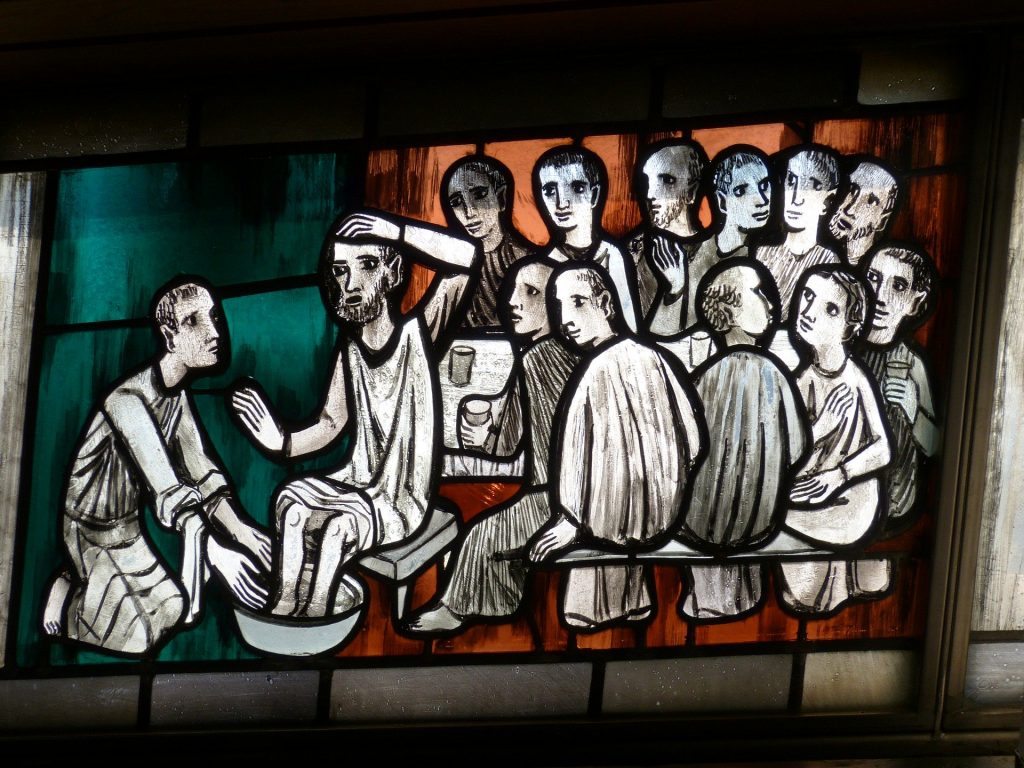What Good Leaders Do For Those Who Follow

A few years ago, Forbes Magazine published an article entitled “Top 10 Qualities That Make A Great Leader” . Here’s the list…
1. Honest
2. The ability to delegate
3. Communication
4. A sense of humor
5. Confidence (in the brand or company)
6. Commitment (to work)
7. Positive attitude
8. Creativity
9. Intuition
10. Ability to inspire (others to make company growth a priority)
I’m not going to argue the legitimacy of this list. All one has to do is a Google search on “Traits of an effective business leader” to find hundreds of complementary or competing lists. So why start this post with such a list? To make the point that so much content about leadership focuses on a leader’s traits and abilities. Yet, there seems to be very little written about what good leaders do FOR those who follow them. What if we asked followers what qualities make up the best leaders? What would they say?
I’d like to suggest that the most satisfied, productive, effective followers would come up with a different list than that from above. Below, I suggest 5 traits that the best leaders would/should hear from those they lead. Many thanks to Five Capitals for sharing this insight.
Good leaders are…
1. People of blessing.
This means that they are kind, compassionate people who tend to be relational, thankful and complimentary. Yesterday, a friend of mine told me that over the last few months, out of the 10 managers that used to work in his department, all but him have left. Why? Because the man they reported to was, in my friend’s words, a “dictator”. This trait really doesn’t need much more explaining. Ask yourself, do I praise my people for their benefit, not for mine?
2. They are accepting
This plays itself out in many ways. They accept the unexpected. They accept mistakes. They accept the viewpoint of others. They accept feedback. This is not to say that they accept mediocrity, or that they go whichever way the wind blows, etc. What is means is that they take what comes, then seek to make it better. There’s a level of steadiness and consistency that provides comfort to those that follow this kind of leader.
3. They are committed to their people
This commitment is real, not self serving. It’s not based on who people are, or what they do. I remember an executive years ago who showed this kind of commitment. He had a senior level staff member who showed great promise, aptitude and attitude in the early days of her tenure with the company. However, less than a year into her employment, frustration began to grow. She wasn’t meeting client expectations, nor the expectation of company leadership. Although many attempts were made to help her improve, things continued to get worse.
At this point, many other executives would have let her go. But not this one. Instead, he sat down with her and said, “Look. You’re bright, gifted, and a hard worker. I think we have you in the wrong place. What if we took some time to get you assessed, to see how you’re wired? Once we have a clear understanding of your skills, traits and aptitudes, we’ll work to reassign you to a more fitting role at the company. If there isn’t a good fit here, we’ll do everything we can to help you find the right fitting job outside the company”. It took $2,500 and several months, but together, they discovered that indeed, her role and her profile were not aligned. She was reassigned in the company and excelled almost overnight. That is what being committed to your people looks like.
4. They are generous
Good leaders are givers. They give their time, their resources, their experiences, and their insight. Another example: My son is going to college this fall, and we recently made a visit to one of his short list college choices. One of the recurring comments we continued to hear from college and admissions staff was how wonderful the college president was, and how much time and energy he gave. I initially dismissed these comments as recruiting propaganda. Then, during lunch, I saw the president in the dining room. He was tucked away in the corner, having lunch with a student. He was intently engaged in conversation, and looked like he was genuinely enjoying being there. No pomp. No circumstance. Just giving his time, his attention, his ear. Good leaders are givers.
5. They are humble.
It was once said that, “Once you claim to be humble, you no longer are”. Humility doesn’t come from trying to be. It’s a by-product of living a truly others centered life. Good leaders think of their own needs only after the needs of everyone else. They don’t expect accolades for doing so either.
So, are you a good leader? Don’t ask yourself, or fellow leaders. See what the followers are saying. They’ll give you a more accurate assessment.
